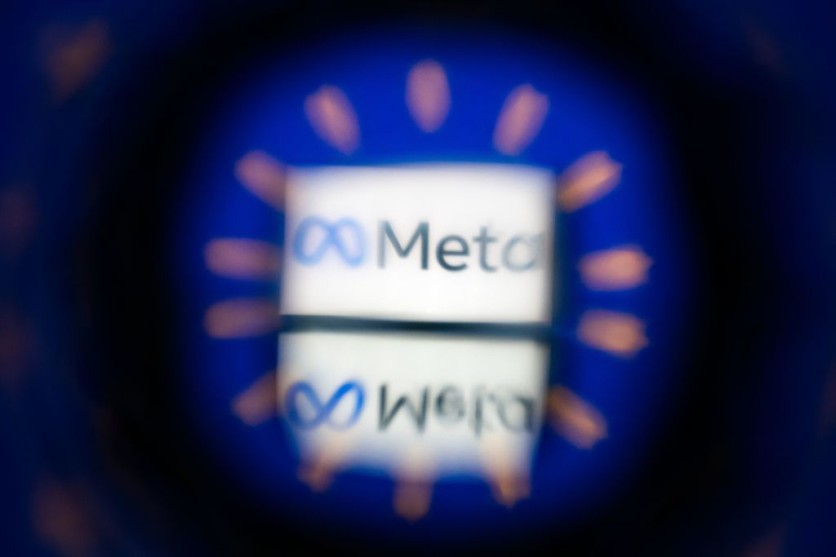Seven major tech giants, including Alphabet Meta (formerly Facebook), and ByteDance have notified the European Union (EU) that they will be subject to the Digital Markets Act (DMA), a revamped antitrust regime, according to a report by TechCrunch.
The DMA takes a proactive approach to antitrust enforcement, specifically targeting dominant platforms that act as intermediaries between digital businesses and consumers.
These tech giants will be obligated to comply with a set of requirements and restrictions, with the potential for significant penalties for non-compliance.

Dos and Dont's
Under the DMA, gatekeepers, as designated by the EU, face various dos and don'ts. This includes a ban on self-preferencing and limitations on the utilization of third-party data.
Gatekeepers are also required to provide third parties with access to data generated by their apps. Furthermore, app store gatekeepers are prohibited from blocking sideloading and mandating the use of their own services, such as payment systems.
The DMA also bans the tracking of users for advertising purposes without their explicit consent.
The European Union aims to promote fair competition and address the unfair and exploitative practices employed by tech giants, thereby leveling the playing field in the online space.
Through the introduction of the Digital Markets Act (DMA), the EU seeks to restrain the market dominance and manipulative behaviors exhibited by these companies throughout the years.
In the coming months, the European Commission is set to unveil the official list of gatekeepers, with a deadline of September 6 for its announcement. While there is a possibility of additional names being included, the DMA primarily focuses on the most influential platforms, limiting significant expansions.
Once designated as gatekeepers, these companies are required to ensure compliance with the DMA within six months of the designations being made public, specifically by spring 2024. Failure to comply may lead to enforcement actions by the Commission in the subsequent year.
Although the current DMA list does not include any European tech giants, it is anticipated that Booking.com, a prominent travel booking platform, may be added later this year. The DMA is accompanied by the Digital Services Act (DSA), which applies to a broader range of platforms.
VLOPS and VLOSEs
In April, the Commission announced 19 platforms falling under the strictest provisions of the DSA, focusing on algorithmic accountability for very large online platforms (VLOPs) and search engines (VLOSEs).
It is worth noting that nearly all self-notifying DMA gatekeepers have already been designated as VLOPs/VLOSEs under the DSA, with Samsung being the sole exception.
This signifies that the five prominent US giants known as 'GAFAM' (Google, Amazon, Facebook/Meta, Apple, Microsoft) and China's ByteDance will be subject to the most stringent compliance requirements set by the EU's revamped digital regulations.
As the DMA takes effect, these tech giants will need to navigate the new regulatory landscape and ensure adherence to the prescribed guidelines, aiming to foster fair competition and greater transparency in the digital market.
Related Article : EU Introduces 'Crash Test' Systems for AI to Ensure Safety

ⓒ 2026 TECHTIMES.com All rights reserved. Do not reproduce without permission.




